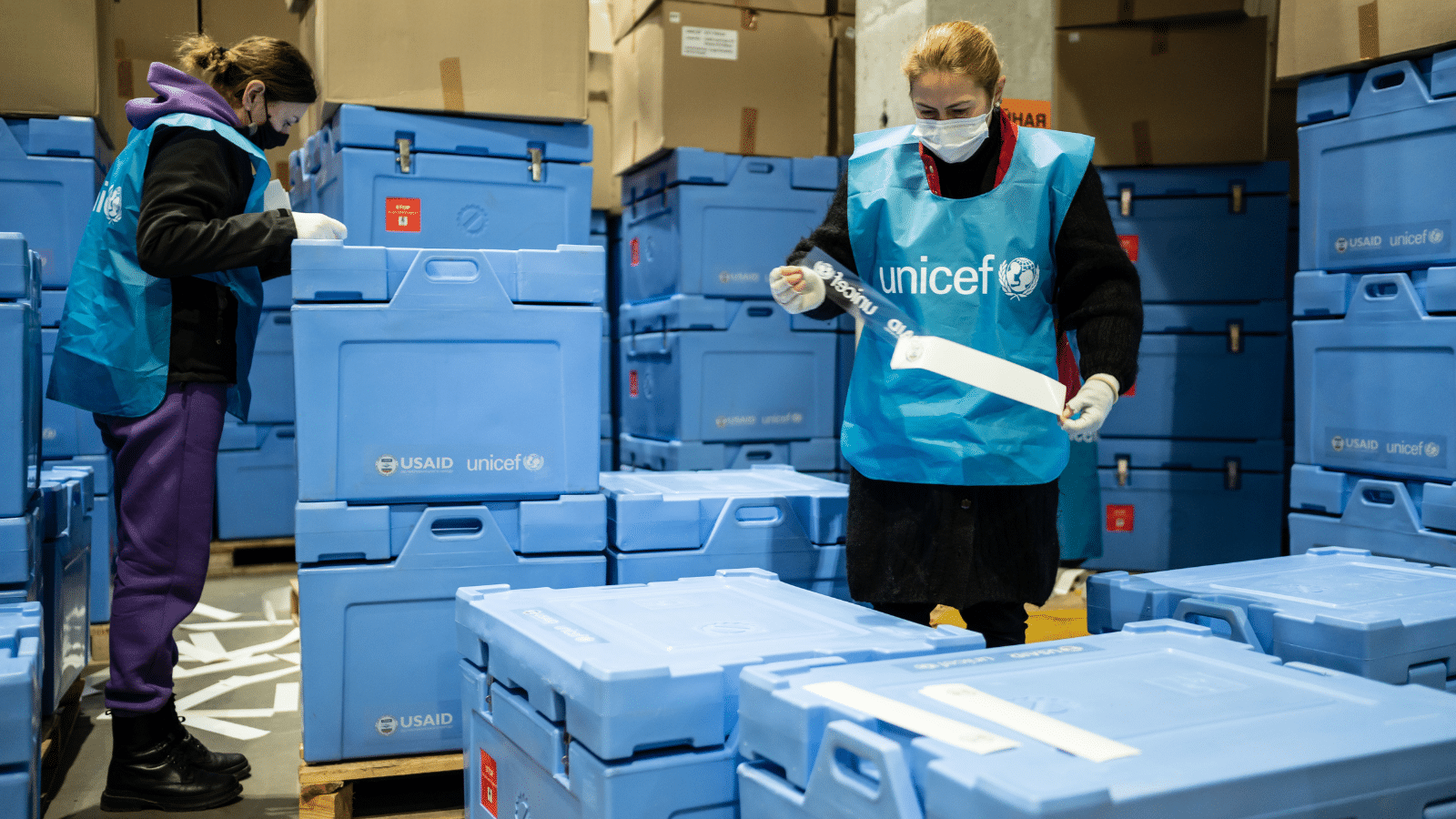What was the role of moral duties in Western responses to Covid-19? How were vaccines distributed globally by states and pharmaceutical companies? And what lessons can be drawn for the ethics of humanitarian action?
These are questions that were discussed in this conversation between Simon Reid-Henry and Jonathan Wolff, with comments by Antoine de Bengy Puyvallée and Kristoffer Lidén. The conversation is an output from the research project Co-duties: Democratic duties, collective action, and the greater good after Covid-19.
You can also listen to the discussion on the NCHS Talking Humanitarianism podcast below and on Spotify, Apple and Anchor.
Jonathan Wolff is the Alfred Landecker Professor of Values and Public Policy at the Blavatnik School of Government, University of Oxford. He is currently developing a new research program on revitalising democracy and civil society. His other work concerns equality, disadvantage, social justice and poverty, as well as applied topics such as public safety, disability, gambling and the regulation of recreational drugs.
Simon Reid-Henry is an author, academic and policy analyst specialising in international and political affairs. He is a Research Professor at the Peace Research Institute Oslo (PRIO), leading an international team examining the politics of duties in modern political society, and the Director of the Institute for the Humanities and Social Sciences at Queen Mary University of London.
Antoine de Bengy Puyvallée is a PhD candidate in International Relations at the Centre for Development and the Environment at the University of Oslo. He is interested in global health governance and global cooperation to manage dangerous disease outbreaks, such as Ebola.
Kristoffer Lidén is a Senior Researcher at PRIO and the Norwegian Centre for Humanitarian Studies (NCHS). His research centres on the ethics of international affairs, with a focus on the fields of peacemaking, humanitarian action, security and digital technologies. He currently leads the project Red lines and grey zones: Exploring the ethics of humanitarian negotiations.
This roundtable is the fourth in a series on the ethics of humanitarian action, and follows earlier roundtables on engaging with the Taliban, redlines for aid in Afghanistan and the ethics of humanitarian neutrality in Syria.
This webinar series is organised by Kristoffer Lidén at PRIO and the NCHS in collaboration with the Oxford Institute for Ethics, Law and Armed Conflict (ELAC) and the Institute for International Law of Peace and Armed Conflict (IFHV). The webinar series is part of the research project Red lines and grey zones.
Herzog et al. (2021). Covax must go beyond proportional allocation of covid vaccines to ensure fair and equitable access. BMJ, m4853. https://doi.org/10.1136/bmj.m4853. Critique of WHO/COVAX’s allocation framework for prioritizing population size over the importance of vulnerable groups, or the impact of the pandemic.
Emanuel et al. (2021). What are the obligations of pharmaceutical companies in a global health emergency? The Lancet, 398(10304), https://doi.org/10.1016/S0140-6736(21)01378-7. Questioning of the obligations of pharmaceutical companies during a pandemic – a rather fresh perspective on a debate largely state-centric and that tends to omit the reality of a market-based production. This created a debate, including this reply: da Fonseca et al. (2021). Obligations in a global health emergency. The Lancet, 398(10316), 2071. https://doi.org/10.1016/S0140-6736(21)02345-X.
To cite this webinar: Reed-Henry, S., Wolff, J., de Bengy Puyvallée, A., & Lidén, K. (2023, 28 April). Ethics and the global distribution of vaccines during Covid-19. [Webinar]. Norwegian Centre for Humanitarian Studies and Peace Research Institute Oslo. www.humanitarianstudies.no/events/the-role-of-moral-duties-in-global-distribution-of-covid-19-vaccines.
